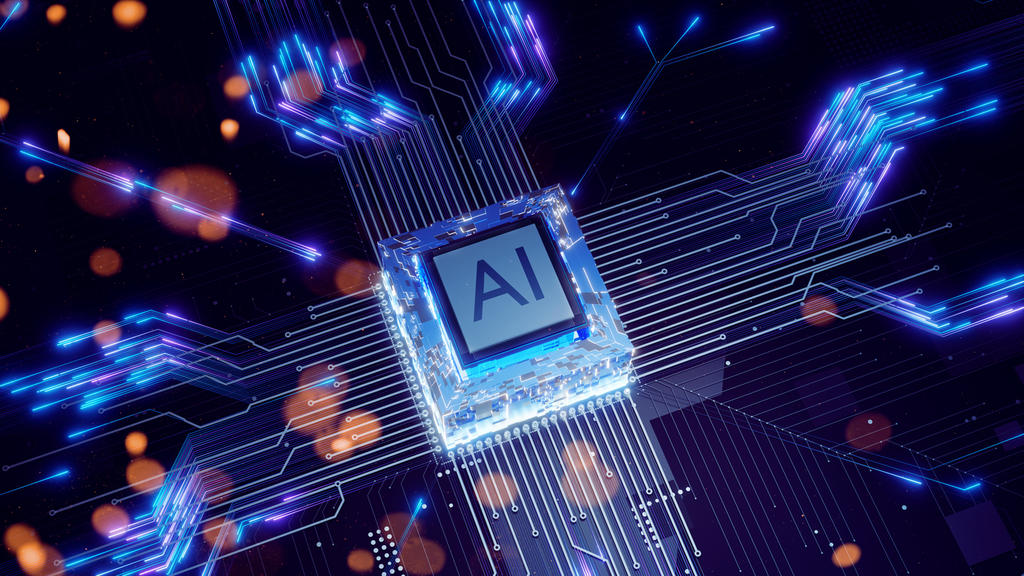The Mason Autonomy and Robotics Center (MARC) advances innovation in autonomy, embedded artificial intelligence (AI), and robotics through cutting-edge research and interdisciplinary collaboration that creates meaningful educational opportunities for students.
MARC-affiliated faculty bring this expertise into the classroom, teaching a dynamic curriculum across degree programs in the George Mason's College of Engineering and Computing (CEC). Students can study autonomy and robotics through academics programs offered by multiple CEC departments to gain hands-on experience informed by MARC’s research strengths.
The following CEC degree programs feature courses in robotics and autonomous systems:
Electrical and Computer Engineering
Focus: Robotics, control systems, cybersecurity, signal processing, electronics, energy systems, embedded computing
Programs:
- Electrical Engineering, MS
- Controls and Robotics (CORO) concentration
- Machine Learning (MLEE) concentration
- Computer Engineering, MS
- Machine Learning and Intelligent Computing Architectures (MLIC) concentration
- Electrical and Computer Engineering, PhD
Mechanical Engineering
Focus: Mechanical systems, energy conversion, dynamic systems, human-robot interaction
Programs:
- Responsible Artificial Intelligence, Graduate Certificate
- Robotics, PhD
- Information Technology, PhD
- Mechanical Engineering (ME) concentration

Prepare to design, evaluate, and manage ethical and safe AI systems for applications ranging from autonomous vehicles and healthcare to finance and education.
Systems Engineering and Operations Research
Focus: Complex systems design, decision science, optimization, simulation, data analytics, predictive modeling
Programs:
- Systems Engineering, MS
- Data Analytics and Machine Learning (DAML) concentration
- Digital Engineering and System Architecture (DESA) concentration
- Operations Research, MS
- Artificial Intelligence (AI) concentration
- Systems Engineering and Operations Research, PhD
- Mechanical Engineering (ME) concentration
“We’re [Mason] going teach you how to build them, how to set systems up to design them, how to interpret them, how to recognize when you need guardrails."
– Missy Cummings, director of MARC
Computer Science
Focus: Advanced computation, theoretical foundations, algorithm design, computational science, digital transformation
Programs:
- Applied Computer Science, BS
- Technology Policy (TCHP) Concentration
- Computer Science, MS
- Machine Learning (ML) concentration
- Information Systems (CS), MS
- Human-Centered Computing (HCCM) concentration
- Computer Science, PhD
Information Sciences and Technology
Focus: AI, data science, human-centered systems, cybersecurity, emerging technologies
Programs:
- Applied Information Technology, MS
- Applied Artificial Intelligence Technologies (AAIT) concentration
- Human-Computer Interaction (HCI) concentration
- Machine Learning Engineering (MLE) concentration
- Information Systems (IST), MS
- Human-Centered Computing (HCCM) concentration
- Information Technology, PhD
- Information Sciences and Technology (ISTC) concentration
- Information Systems (ISYS) concentration
Interdisciplinary
Focus: Machine learning, deep learning, AI risk and security, AI systems development, responsible AI
Programs:
- AI: Artificial Intelligence, MS
- AI Policy, Ethics, and Society track
- Advanced AI track
- Scalable and Secure AI Infrastructures track
- Use-inspired AI track
